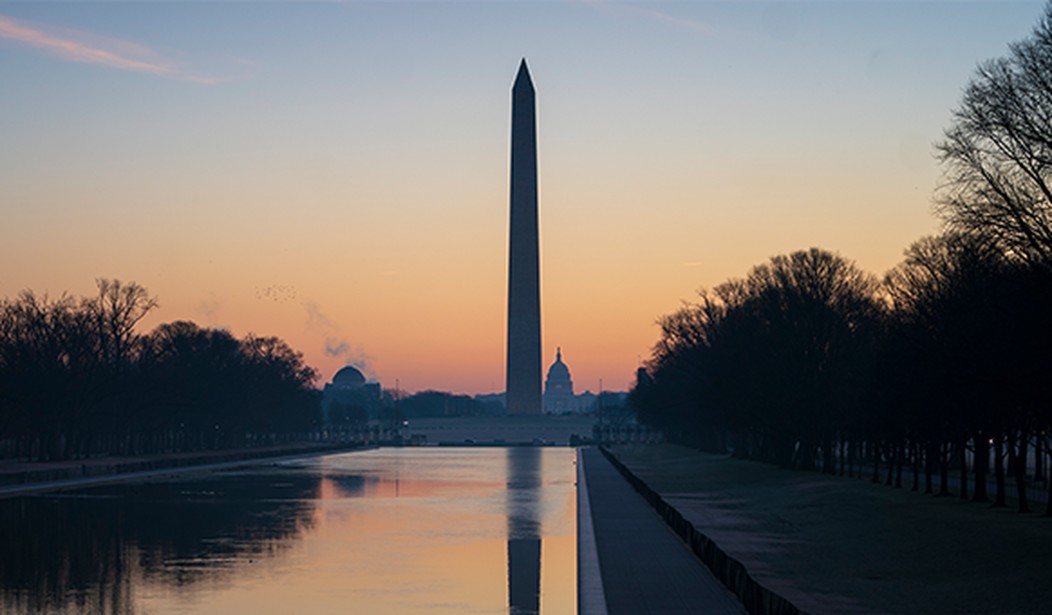We are in the midst of an election that will never end, yet the issues of spending and coronavirus response deserve immediate attention.
President Donald J. Trump continues to fight and file lawsuits in swing states in an effort to get the courts to take a look at allegations of election fraud. Joe Biden has declared himself “president-elect” even though the counting continues, the recounts are scheduled, and the courts have yet to make a final judgement on allegations of fraud. One big question that Americans have is what policies will be implemented in the coming months and into 2021 that will take a hard look at government spending to find waste, fraud and abuse no matter who is declared president.
The past year has been a bipartisan spending spree. Brian Reidl of the Manhattan Institute noted on September 2, 2020, “the Congressional Budget Office today forecast that the 2020 budget deficit will exceed $3 trillion for the first time in American history. At 16 percent of the economy, it is also the largest deficit since World War II.” He argued that spending trends should “scare” the taxpayer and “the national debt—which opened the year at $17 trillion—is projected to soar to a staggering $33 trillion by the end of the decade.” Those are scary numbers considering that there will be further spending in the upcoming Lame Duck session of Congress and spending to respond to the pandemic may exceed another $2 trillion in new spending. The debt is a problem and it is time for Congress to finally rid the budget of unnecessary spending.
The big question for most Americans who completed their civic duty by voting is -- what happens next? No matter who becomes president, will this issue be addressed by the president next year? The unprecedented spending binge and response to the coronavirus pandemic should be priorities number one and two into 2021. If America says on the current trajectory of spending, there may be a financial crisis the likes we saw earlier this year with a melt down on Wall Street and the dollar crashing. The issue of the debt should be the subject of a year-long debate on what to do.
There are massive amounts of waste in the federal budget, yet neither party has made any effort to attack unnecessary spending to date. Citizens Against Government Waste put out the 2020 “Congressional Pig Book” that exposed “274 earmarks” and “while the number of earmarks declined slightly, their cost went in the opposite direction.” CAGW estimated $15.9 billion in earmark spending happened in FY 2020. Earmarks are pushed by Congress to increase spending levels over Administration requested levels.
Recommended
When one studies the budget, one will find massive overspending at the Army Corps of Engineers, the Rural Utilities Service (RUS), the National Oceanic and Atmospheric Administration (NOAA), and the National Domestic Preparedness Consortium (NDPC). All of these programs received more money than the Trump Administration requested. Congressional padding of budgets is a problem, because it shows that they have no appetite for cuts to spending. To the contrary, Congress is one of the problems children instigating even more spending than the federal government is requesting to run.
Even in the Defense program there are opportunities for big savings. I have written before about the costly F-35 Joint Strike Fighter (JSF) program that has accounted for a huge portion of the earmarked spending and chews up a good portion of Pentagon spending. The program received five earmarks where Congress pushed the Pentagon to purchase 22 aircraft beyond the amount requested by the Trump Administration accounting for about $2.1 billion in cost to the taxpayer. That is extra cost, because the Commander-in-Chief didn’t even request the new aircraft.
CAGW estimates that the JSF program accounts for 12.9% of all earmarks across the federal budget and is a $300 million increase from last year’s earmark bonanza. Bloomberg reported in 2019 that this is the most expensive weapons system in American history with a history of delivering the promised aircraft way behind schedule. That seems like a good place to start in the defense budget.
No matter who is declared president, it is time to reverse course on spending to find ways to get the budget closer to balance. Every American wants the government to fully fund an appropriate response to the coronavirus and defense priorities, yet they also want to stop funding pet projects that are a waste of precious resources.























Join the conversation as a VIP Member